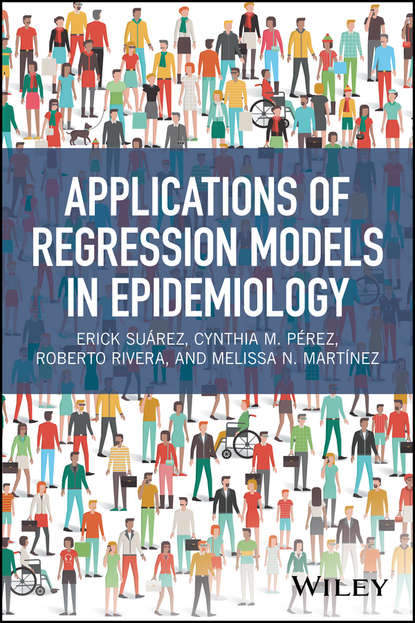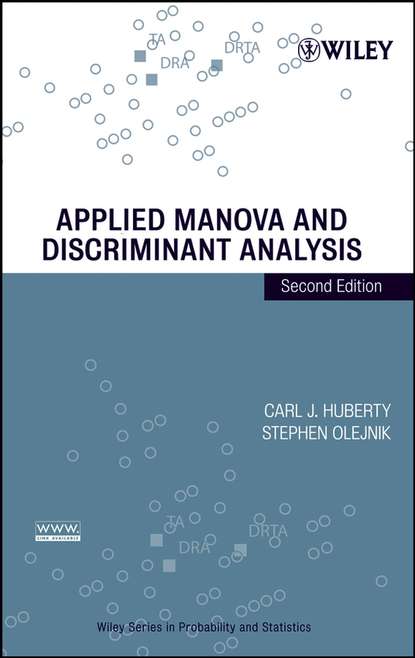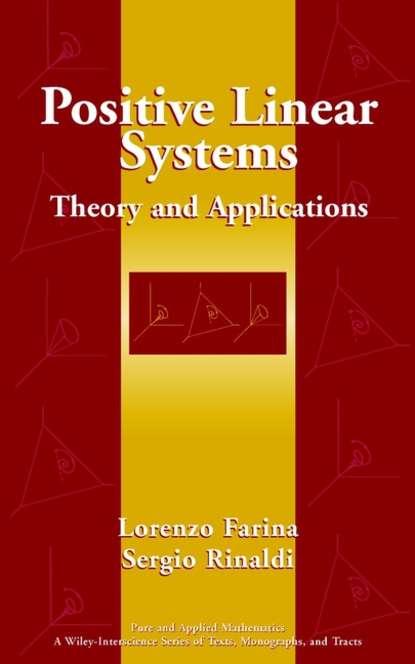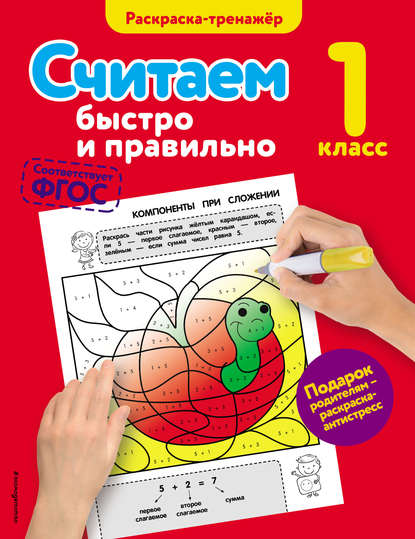Книга "Применение регрессионных моделей в эпидемиологии" - это справочник для студентов и специалистов в области общественного здравоохранения, изучающих применение классических регрессионных моделей в эпидемиологии. Материал, представленный в книге, обычно охватывается в курсах общественного здравоохранения, включая прикладной регрессионный анализ, продвинутую эпидемиологию и статистические вычисления.
Книга состоит из 13 глав, включая введение, которое охватывает основные понятия статистики и теории вероятностей. Среди рассматриваемых тем - линейная регрессионная модель, полиномиальная регрессионная модель, метод наименьших квадратов с взвешиванием, методы выбора лучшего регрессионного уравнения, обобщенные линейные модели и их применение к различным видам эпидемиологических исследований.
В каждой главе приводится пример, иллюстрирующий теоретический материал главы. Также в конце глав даны упражнения, а в заключительной главе - решения этих упражнений в основных статистических пакетах, таких как STATA, SAS, SPSS и R.
Предполагается, что читатели книги имеют базовую подготовку в биостатистике, эпидемиологии и началах математического анализа. Данная книга будет полезна всем, кто хочет понять статистические основы количественных исследований в общественном здравоохранении.
Эта книга в простой форме расскажет о применении классических моделей регрессии в эпидемиологии для студентов и специалистов в области здравоохранения. В ней рассматриваются теоретические основы статистики, вероятностей и применение линейных, полиномиальных алгоритмов и моделей временных рядов к различным эпидемиологическим методикам.
Электронная Книга «Applications of Regression Models in Epidemiology» написана автором Erick Suárez в году.
Минимальный возраст читателя: 0
Язык: Английский
ISBN: 9781119212492
Описание книги от Erick Suárez
A one-stop guide for public health students and practitioners learning the applications of classical regression models in epidemiology This book is written for public health professionals and students interested in applying regression models in the field of epidemiology. The academic material is usually covered in public health courses including (i) Applied Regression Analysis, (ii) Advanced Epidemiology, and (iii) Statistical Computing. The book is composed of 13 chapters, including an introduction chapter that covers basic concepts of statistics and probability. Among the topics covered are linear regression model, polynomial regression model, weighted least squares, methods for selecting the best regression equation, and generalized linear models and their applications to different epidemiological study designs. An example is provided in each chapter that applies the theoretical aspects presented in that chapter. In addition, exercises are included and the final chapter is devoted to the solutions of these academic exercises with answers in all of the major statistical software packages, including STATA, SAS, SPSS, and R. It is assumed that readers of this book have a basic course in biostatistics, epidemiology, and introductory calculus. The book will be of interest to anyone looking to understand the statistical fundamentals to support quantitative research in public health. In addition, this book: • Is based on the authors’ course notes from 20 years teaching regression modeling in public health courses • Provides exercises at the end of each chapter • Contains a solutions chapter with answers in STATA, SAS, SPSS, and R • Provides real-world public health applications of the theoretical aspects contained in the chapters Applications of Regression Models in Epidemiology is a reference for graduate students in public health and public health practitioners. ERICK SUÁREZ is a Professor of the Department of Biostatistics and Epidemiology at the University of Puerto Rico School of Public Health. He received a Ph.D. degree in Medical Statistics from the London School of Hygiene and Tropical Medicine. He has 29 years of experience teaching biostatistics. CYNTHIA M. PÉREZ is a Professor of the Department of Biostatistics and Epidemiology at the University of Puerto Rico School of Public Health. She received an M.S. degree in Statistics and a Ph.D. degree in Epidemiology from Purdue University. She has 22 years of experience teaching epidemiology and biostatistics. ROBERTO RIVERA is an Associate Professor at the College of Business at the University of Puerto Rico at Mayaguez. He received a Ph.D. degree in Statistics from the University of California in Santa Barbara. He has more than five years of experience teaching statistics courses at the undergraduate and graduate levels. MELISSA N. MARTÍNEZ is an Account Supervisor at Havas Media International. She holds an MPH in Biostatistics from the University of Puerto Rico and an MSBA from the National University in San Diego, California. For the past seven years, she has been performing analyses for the biomedical research and media advertising fields.



















